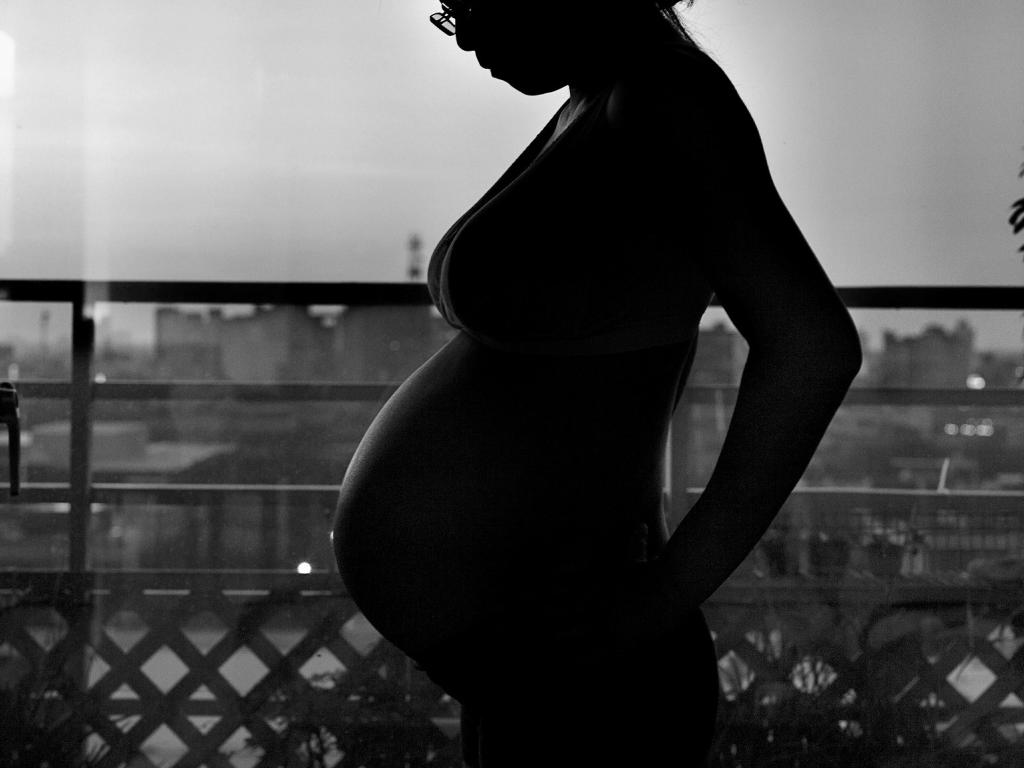Artemisinin use in the first trimester of pregnancy

The 22nd meeting of the WHO Malaria Policy Advisory Group (MPAG) in October 2022 made the recommendation that artemether-lumefantrine is the preferred treatment option for uncomplicated malaria in the first trimester of pregnancy, rather than quinine.
This was based on a systematic review and meta-analysis subsequently published in The Lancet in January 2023 by Saito and colleagues. This is an important recommendation as it allows access to a drug that is six times more effective, better tolerated and easier in terms of adherence, than the current standard of care (quinine).
Seven studies following 12 cohorts were eligible for inclusion. All of the cohorts contained individual patient data on 34 178 pregnancies, of which 737 had confirmed exposure to artemisinin-based treatment and 1076 had confirmed exposure to non-artemisinin-based therapies.
The risks of adverse pregnancy outcomes in the two groups were similar for both the primary composite end-point (miscarriage, stillbirth or major congenital anomalies) as well as the secondary outcomes of miscarriage, stillbirth, foetal loss and major congenital anomalies. A composite endpoint was chosen in order to assess overall embryotoxicity and fetotoxicity. Artemether-lumefantrine was actually associated with a lower risk of adverse pregnancy outcomes than oral quinine (standard of care).
You can read the full paper on The Lancet website.